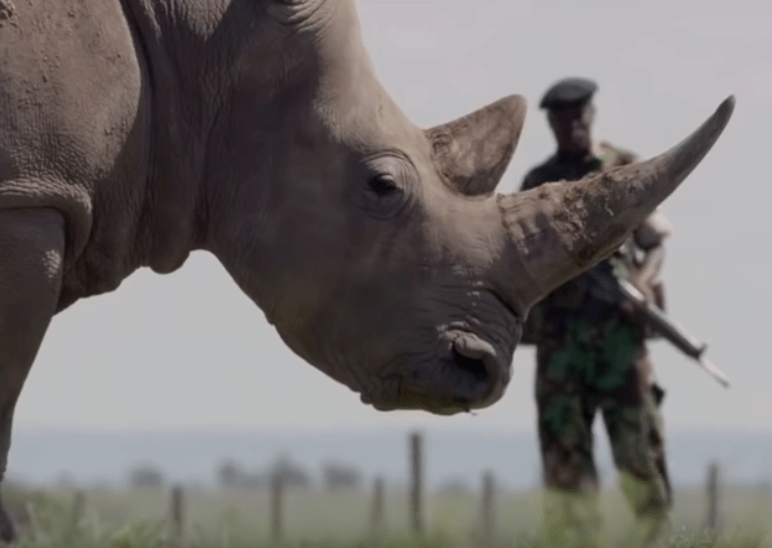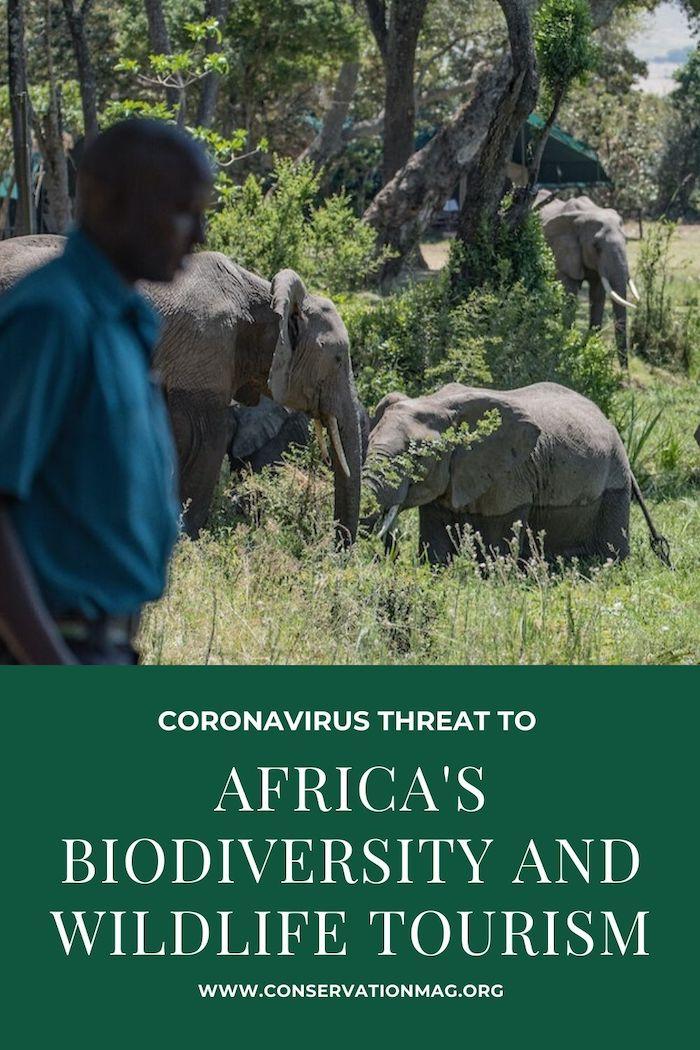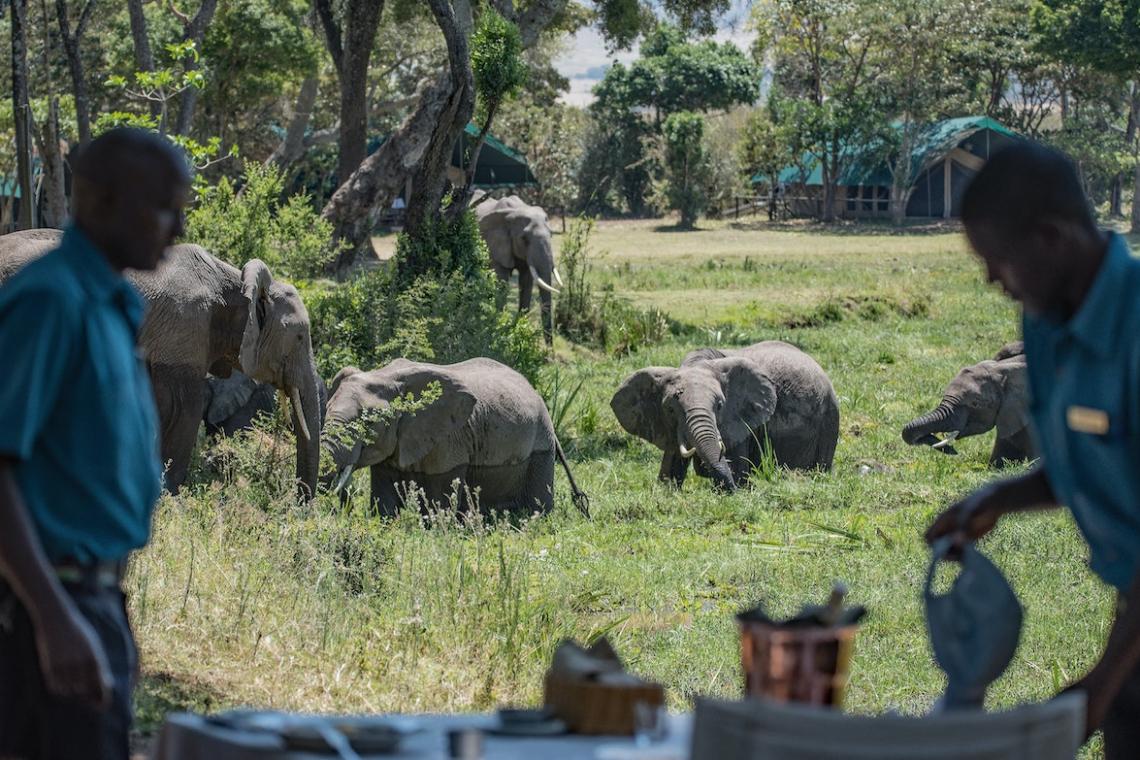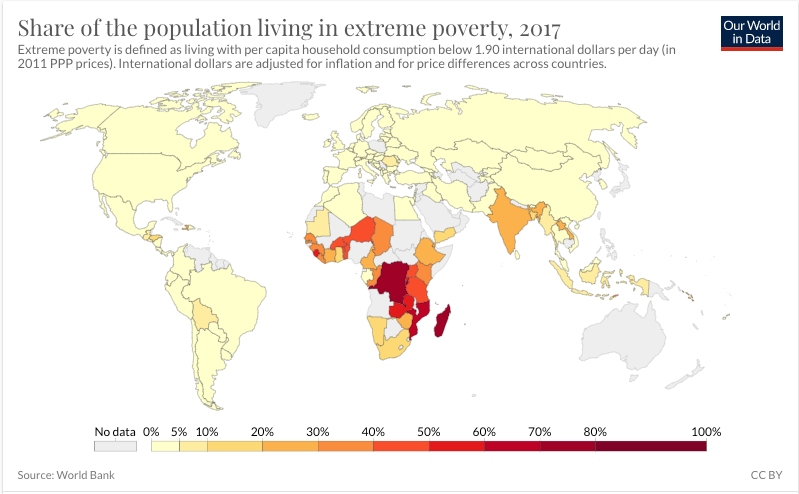While the coronavirus is creating havoc around the world, tourism bans around the world, the key to funding wildlife conservation and employment in Africa threaten the livelihoods of the poor. What will the effect be on biodiversity?
Coronavirus Death Toll in Africa
Suddenly, daily life as we knew it was turned on its head. The novel coronavirus (Covid-19) was announced as a global pandemic by WHO. Unexpectedly gripped by the fear of contracting Covid-19, the entirety of the global population ceased normal life activities. Schools have closed, travel bans have been put in place, curfew and lockdowns are being imposed in countries hit the hardest. ‘Social distancing’ has become the new normal and to deviate away from this concept is heavily frowned upon. The rising death toll is an ominous promise of what’s to come for anyone bold enough to break the new customs. Although not as affected as the rest of the world, Africa has not been immune to the onslaught of the deadly coronavirus.
Claims of a Healing Earth due to Coronavirus
Amidst this ominous shadow cast by Covid-19, something new and fascinating has begun. Claims that the canals of Venice have become clearer, and that the fish are visible within the canals are starting to abound. People say that for the first time in a very long time, swans have begun roaming the canals in place of gondolas, and dolphins have returned to the shores of Italy. Air pollution has reduced drastically thanks to the reduction of travelling, tourism and associated human activities. Whereas an opposing point of view is that claims of dolphins returning are exaggerated depictions, there seems to be a consensus that the Earth is healing. Researchers at Columbia University observed a decline in the emissions of carbon monoxide over New York City of more than 50 percent below average levels. A decrease in human activities due to the novel coronavirus lockdown is the main reason behind the concept of the Earth regenerating and recovering from anthropogenic activities.
Western Cape Now, nature is loving the lockdown for humans
Africa's Wildlife Tourism
Before the novel Coronavirus pandemic, Africa was positioned for ever-increasing income generated via nature-based tourism. People generally come from great distances to the developing countries within Africa for the famous desert safaris and wildlife watching activities. According to a working paper by UNEP ‘Building a Wildlife Economy’, Africa's 8400 protected areas generate $48 billion in tourist spending. It is also pertinent to mention that tourism increased as a percentage of overall African exports from 2% to over 11% from 1980 to 2003. Countries like Ethiopia, Tanzania and Gambia, are quite dependent on tourism in terms of national exports—23%, 28%, and 30% respectively (OECD, 2009).
Africa’s ecosystems are some of the most biodiverse systems on this Earth. The breath-taking landscaped and unique wildlife settings attract people from all walks of life and people from countries around the globe flock to participate in trekking, safaris and view the mountain gorillas of Uganda in their natural habitats. Nature-based tourism in Africa also has the benefit of promoting further conservation of wildlife to maintain the biodiverse ecosystems. Before the onslaught of Covid-19, Africa was on track for further sustainable development of its protected areas and preservation of ecosystems to maintain its biodiversity for the purposes of tourism. Many countries were poised to further invest in conservation and development of biodiversity to attract even more tourists.
Coronavirus Impact on Poverty, Unemployment in Africa
Now, decreased human activities are definitely causing a severe drop in income generated via tourism in Africa. This means that the economy is suffering and people whose employment was linked to tourism have been hit hard. The most lucrative industry in Africa has now been halted. Many people are losing their jobs. Reserves which were usually teeming with tourists around this time of year, now are empty due to lockdowns and travel bans. How will this affect the already strained economies of the African continent?

Coronavirus and Increased Poaching
Incidentally, there has been a steady rise in the cases of poaching and hunting of wildlife. Poachers have found an opportunity in the absence of tourists and according to Rhino 911 (an NGO for saving Rhinos), almost daily incidents of Rhino poaching are taking place in tourism hotspots in South Africa. These empty acres of land, now devoid of tourists, have become hotspots for not only poachers but hunters trying to obtain meat to feed their families. In Botswana, 6 rhinos have been poached according to Rhino Conservation Botswana (an NGO). Many now fear that the wildlife and biodiversity of Africa may become another casualty of the Covid-19 pandemic. Funds are now being funnelled for economic relief packages and improved healthcare. These funds could have potentially been directed to the further development and conservation of the biodiverse ecosystems located in the countries of Africa.
Coronavirus Affect the Biodiversity in Africa
It is quite probable that the incentive to conserve biodiverse ecosystems is no longer prevalent in African countries. Now the main concern is the livelihood and of course, health. Within Africa, inadequate healthcare systems might not be sufficient to provide necessary care for Covid-19 patients. In South Africa alone, approximately 1900 cases exist till date according to WHO statistics. People travelling from Europe and China seem to be the main transmitters. Another fact it is pertinent to mention is that Covid-19 is zoonotic, which means that it can travel from animals to humans and humans to animals. A virus previously non-existent in countries of Africa could also prove lethal for the wildlife of the African continent if it is transmitted from a human to an animal.
In more ways than one, the novel coronavirus poses a serious threat to the biodiversity of African countries despite claims of the earth healing itself. However, it is much too soon to fully assess the impact of the coronavirus on African biodiversity. It may just come to pass that the inactivity due to lack of tourism will give ecosystems a chance to regenerate and repair as many environmentalists claim. Conversely, the pandemic may do more harm than good to the wildlife of the African continent. Only time will tell the true impacts. For now, we will simply have to wait and observe from afar.
* OECD (2009), “Wildlife and Nature-Based Tourism for Pro-Poor Growth”, in Natural Resources and Pro-Poor Growth: The Economics and Politics, OECD Publishing, Paris.
Main Image by David Clode on Unsplash

Shop for a cause
Shop on amazon.com | amazon.co.uk




